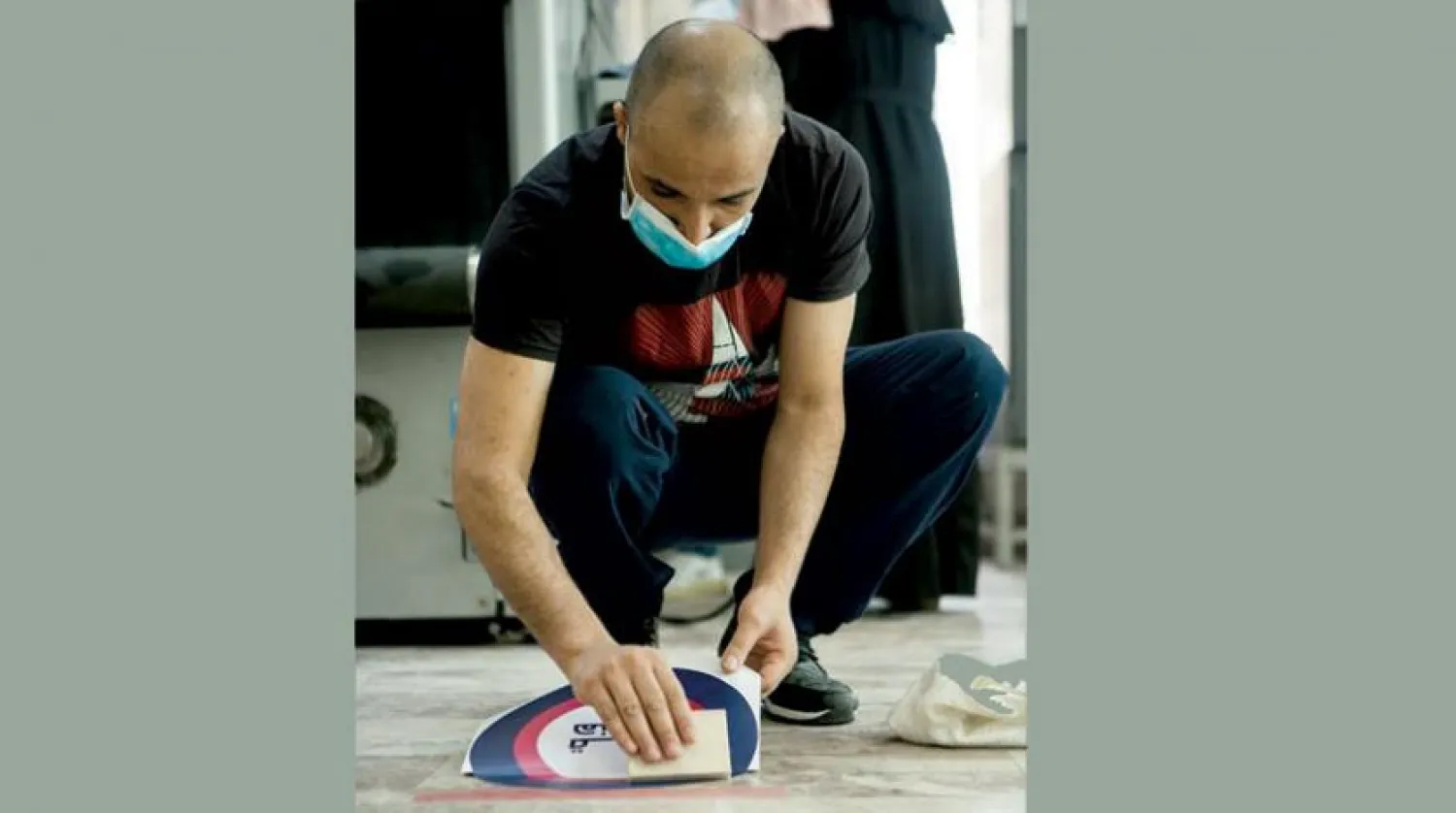The United States Agency for International Development Bureau for Humanitarian Assistance (USAID) will provide UNICEF with $2 million in response to the COVID-19 pandemic in Libya, it said.
“The multi-sectoral program will contribute to controlling the further spread of COVID-19 by reducing human-to-human transmission and mitigating collateral impact and risks to the continuity of basic services for vulnerable girls and boys and their families,” it said in a statement on Wednesday.
“Through this pivotal partnership with USAID, UNICEF will be able to scale-up its response to the pandemic in Libya – a country that has been severely affected by the humanitarian crisis as a result of armed conflict” the statement quoted Abdel-Rahman Ghandour, UNICEF Special Representative to Libya, as saying.
“We are grateful to the People of the United States for their concrete early action in solidarity with the Libyan people and its children, who have been suffering for so much and so long, even before COVID-19 hit Libya,” he added.
US Charge d'Affaires Joshua Harris also said that Washington is committed to supporting the Libyan people, who have been left extremely vulnerable to the COVID-19 disease by years of conflict.
"We are partnering with UNICEF to provide life-saving support to prevent and respond to the spread of COVID-19 in Libya's most vulnerable communities."
The USAID-funded program will support the Ministry of Health led National Steering Committee and the national preparedness and response services, contributing to both national coordination and service delivery in at least 24 municipalities in the East, West and South of Libya.
Within the framework of this program, UNICEF said it will put a risk communication strategy in place in collaboration with the National Center for Disease control, and undertake essential water, sanitation and hygiene interventions in detention centers and collective migrant centers as well as health facilities and schools.
Much needed psychosocial support to the children and their families will also be provided. UNICEF’s interventions will target the most vulnerable populations, including migrants, refugees, returnees, internally displaced persons, and conflict-affected host communities.
Libya reported on Thursday that coronavirus cases reached 1,579 in the country, in addition to 43 deaths.









